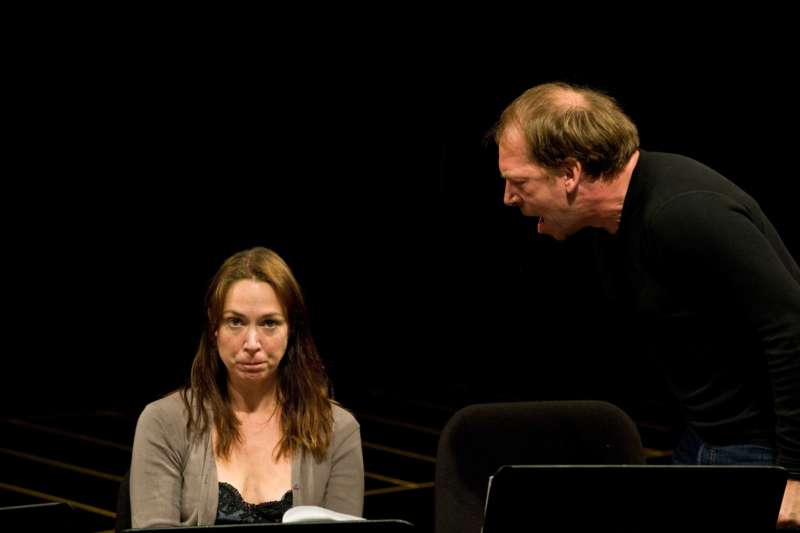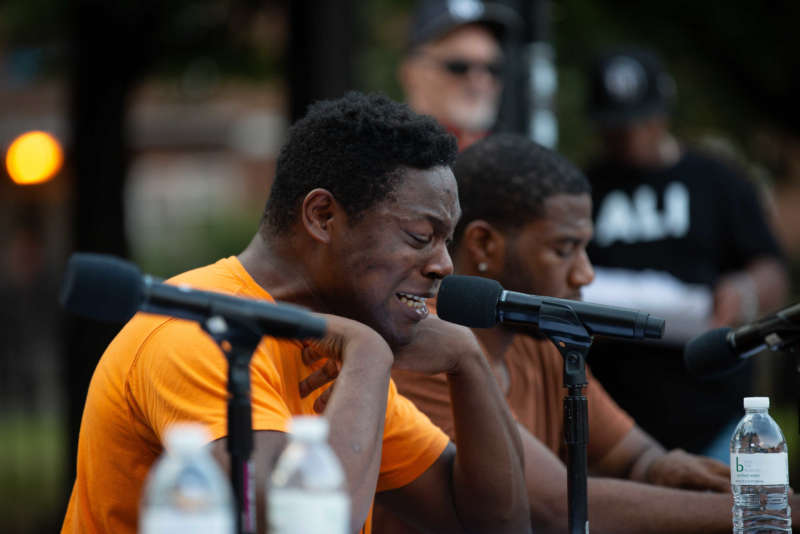Open to Public
Rum & Vodka
Thu, Jun 28.2018
About the play
-
Rum and Vodka by Conor Mcpherson
Rum and Vodka tells the story of a 24-year-old man living in Dublin, whose life is falling apart, in large part due to his drinking. But drinking, he believes, is the only way he can cope with his shame, anger, and an overwhelming feeling of being trapped in a life he did not choose for himself. The story follows the young man on a three-day bender, during which time he loses his job, cheats on his wife, and nearly destroys his family.
Explore Projects
-
 Domestic ViolenceMedea
Domestic ViolenceMedeaMedea timelessly depicts how scorned passion can lead to revenge and, sometimes, unthinkable violence. This project, which premiered at the Brooklyn Academy of Music in June 2016, delves into under-discussed mental health issues that affect women and their families.
-
 HomelessnessThe Oedipus at Colonus Project
HomelessnessThe Oedipus at Colonus ProjectThe Oedipus at Colonus Project presents readings of scenes from Sophocles’ final play, Oedipus at Colonus, as catalyst for powerful, community-driven conversations about homelessness, the immigration and refugee crisis, and the challenges of eldercare during and after the pandemic.
-
 Gun ViolenceHercules
Gun ViolenceHerculesDrawing from an ancient Greek tragedy about a vicious act of violence committed by an angry man with an invincible weapon, this project aims to generate powerful dialogue between concerned citizens, members of the law enforcement community, victims and perpetrators of gun violence, and the general public.